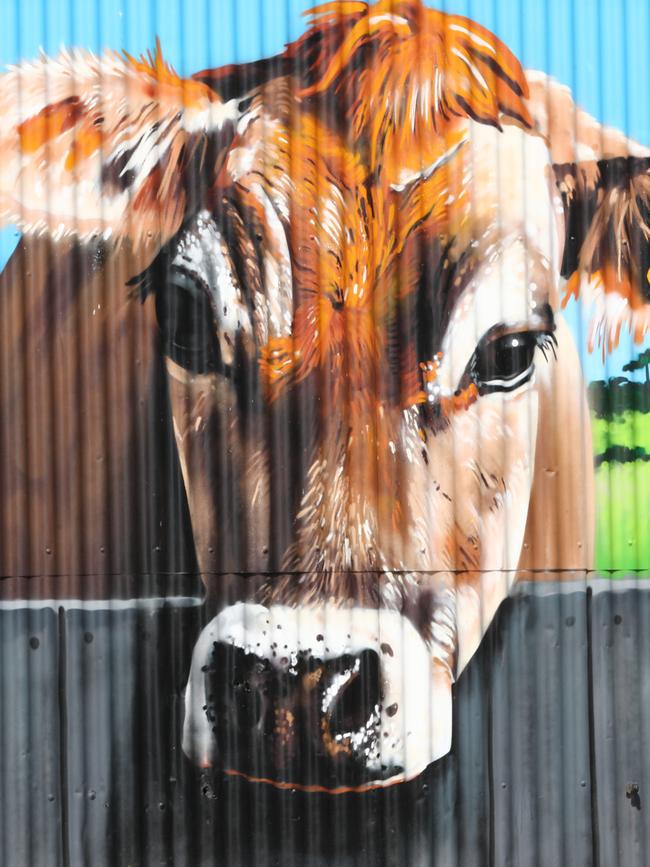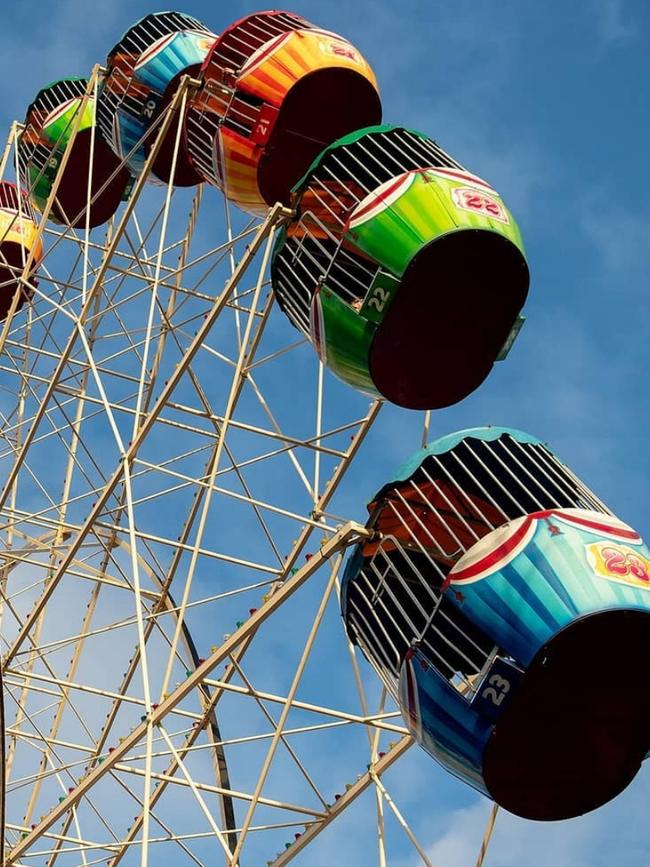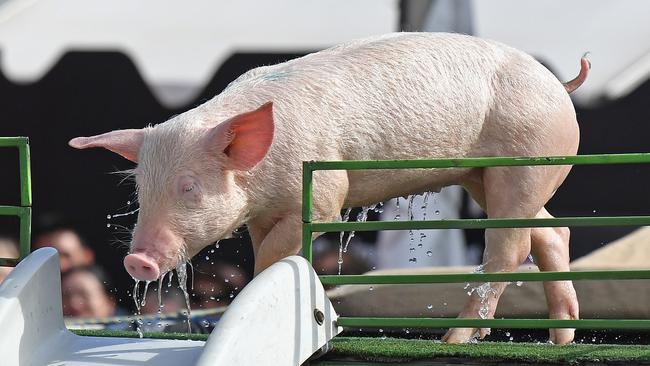Royal Show visitors face new rules to stop foot and mouth disease, including advice to wear clean clothes and acid mats for shoes
The petting zoo will go ahead, but showgoers are being ordered not to touch livestock and acid mats will be at every entrance to combat the deadly foot and mouth disease threat.
SA News
Don't miss out on the headlines from SA News. Followed categories will be added to My News.
Wash your clothes, clean your shoes and don’t touch the animals. That’s the advice from the Royal Adelaide Show.
The safety crackdown is designed to stop the threat of an outbreak of deadly animal foot and mouth disease.
The Show runs from September 3–11, and showgoers have been urged to take precautions to prevent a breakout that could decimate SA populations of cloven-hoofed animals, including cattle, sheep, goats, camels, deer and pigs.
Primary Industries and Regions SA chief vet Mary Carr said visitors should wear freshly laundered clothes and clean shoes, and wash their hands when handling animals.
“The risk is extremely, extremely low but we think it’s a really good opportunity to educate the public … and every little bit helps,” she said.
Dr Carr said visitors should refrain from feeding animals except when allowed, and not touch animals.
She also said anyone who had been overseas in the past seven days should not enter livestock areas.


Doormats soaked in virus-fighting citric acid will be put at every public entrance.
The Show’s marketing manager, Jordan Philp, said while the disease had not been detected in Australia the show take precautionary measures “very seriously”.
“I think it’s important to remind people that foot and mouth is not in Australia and these are just precautionary measures … it’s something that we take very seriously,” she said.
Ms Philp said every animal would be checked by a vet before the event and would be monitored constantly.
“It’s something that we always take really seriously, we know it’s peoples’ livelihoods,” she said.
If foot and mouth disease is found in Australia, infected animals would be destroyed, their carcasses buried or burned, movement of livestock would be restricted, and other countries would impose trade bans.
Dr Carr said PIRSA would co-ordinate the safety effort.
“We want to reduce that risk and while we don’t think that there is that risk there, the more layers we can have to protect the better off we are,” she said.
Ms Philp said enjoyment of the show would not be disrupted by the crackdown.
“They are there to make everyone feel good and have the opportunity to not peak any concerns,” she said.
Ms Philp said the citric acid mats are almost undetectable.
“You wouldn’t even notice, you would step over it and keep walking,” she said.
More Coverage





